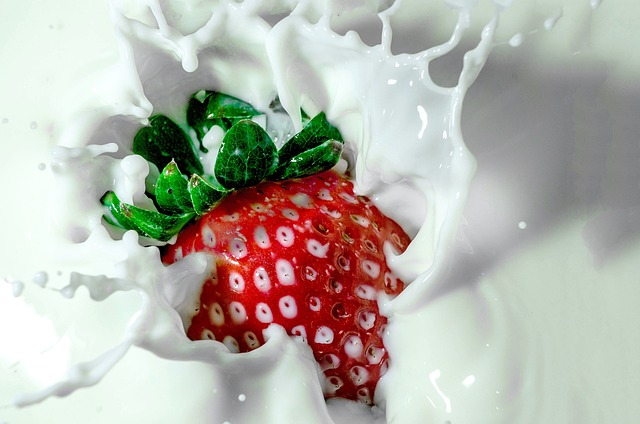Probiotics 101: Mastering the Art of Cultivating a Healthy Gut Microbiome
Our gut microbiome plays a crucial role in maintaining our overall health and well-being. With the increasing interest in gut health, the spotlight has turned to probiotics – the beneficial bacteria that reside in our digestive tract. In this blog, we will dive into the world of probiotics and explore how they can help us cultivate a healthy gut microbiome.
Understanding Probiotics
Probiotics, as defined by the World Health Organization, are live microorganisms that, when administered in adequate amounts, confer health benefits on the host. These friendly bacteria, such as Lactobacillus and Bifidobacterium, can be consumed through certain foods or supplements.
Probiotics work by supporting the natural balance of microorganisms in our gut. They help enhance the diversity and abundance of beneficial bacteria while inhibiting the growth of harmful bacteria. This delicate balance is crucial for a healthy gut microbiome.
The Benefits of Probiotics
Probiotics offer a wide range of potential health benefits. They can:
- Improve digestive health
- Enhance immune function
- Alleviate symptoms of certain gastrointestinal disorders, such as irritable bowel syndrome (IBS) and inflammatory bowel disease (IBD)
- Promote a healthy skin complexion
- Support mental health and reduce symptoms of anxiety and depression
These benefits are known to be strain-specific, meaning different strains of probiotics may have varying effects on the body. It’s important to choose the right probiotic strain based on your specific health needs.
Sources of Probiotics
Probiotics can be obtained through various food sources as well as supplements. Some common food sources rich in probiotics include:
- Yogurt
- Kefir
- Sauerkraut
- Kombucha
- Kimchi
- Tempeh
When choosing probiotic-rich foods, look for labels that mention live and active cultures. These indicate the presence of beneficial bacteria. Additionally, consuming a diverse range of fermented foods can help introduce different strains of probiotics into your gut.
If you prefer a more convenient option, probiotic supplements are available in various forms – including capsules, tablets, and powders. When selecting a probiotic supplement, opt for a reliable brand that guarantees the viability of the bacteria until the expiration date.
Tips for Incorporating Probiotics into Your Diet
Here are some tips to help you incorporate probiotics into your daily diet:
- Start small: Begin with small servings of probiotic-rich foods or low-dose supplements to allow your body to adjust.
- Be consistent: Consistency is key when it comes to reaping the benefits of probiotics. Make them a part of your daily routine.
- Diversify your sources: Try different probiotic-rich foods to introduce a variety of beneficial bacteria into your gut.
- Combine with prebiotics: Prebiotics are non-digestible fibers that serve as food for probiotics. Consuming prebiotic-rich foods, such as onions, garlic, and bananas, can help support the growth and activity of probiotics.
- Consult a healthcare professional: If you have specific health concerns or are considering high-dose probiotic supplementation, it’s advisable to consult a healthcare professional first.
Conclusion
Probiotics are a valuable tool in cultivating a healthy gut microbiome. By incorporating probiotic-rich foods or supplements into your diet, you can support digestive health, enhance immunity, and potentially improve your overall well-being. Remember to choose the right strains of probiotics and make them a consistent part of your daily routine. Here’s to a healthier gut, and a healthier you!







